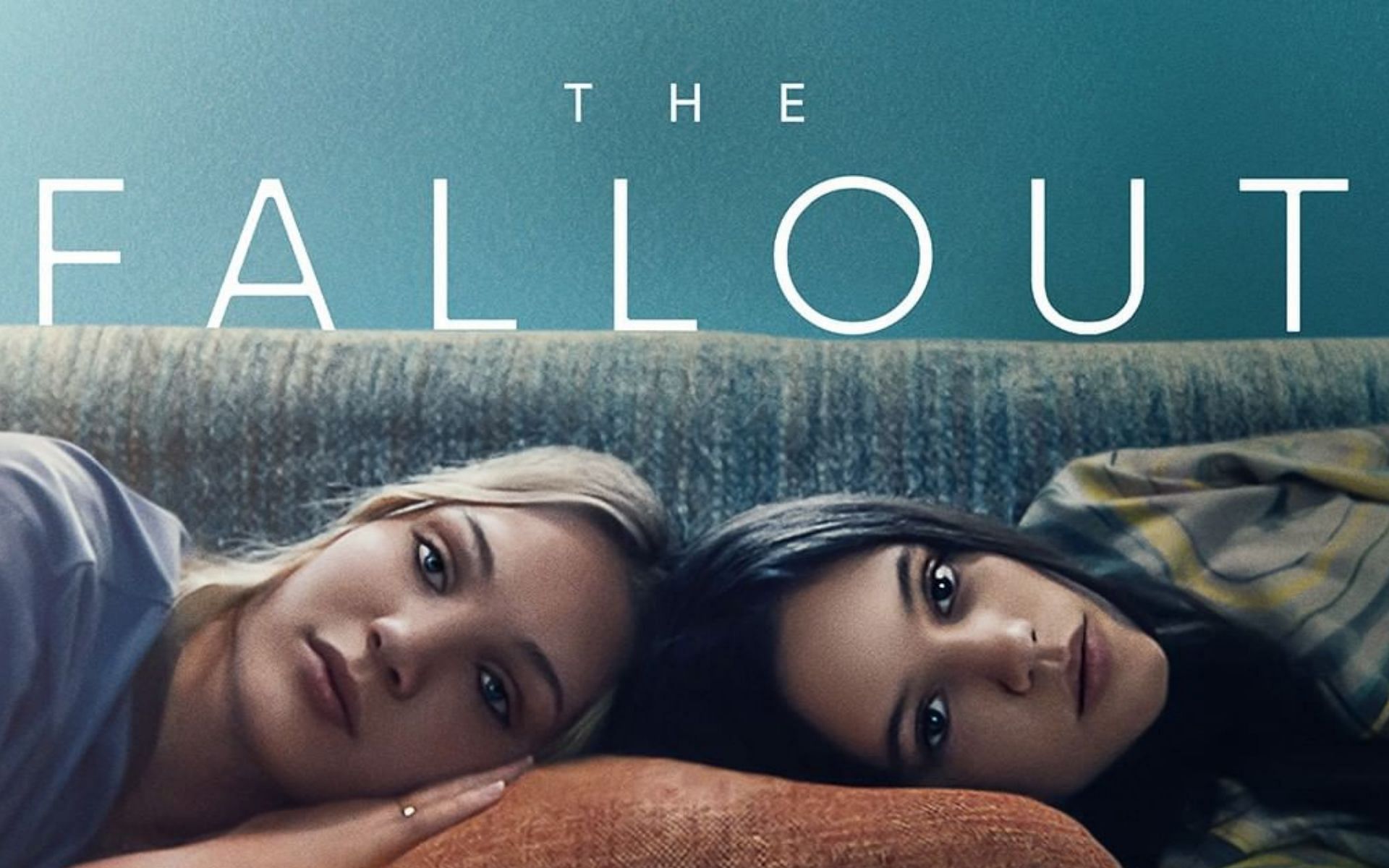Does one ever truly heal from a traumatic experience? That is the question HBO’s “The Fallout” starring Jenna Ortega and Maddie Ziegler (Mia) seeks to answer.
In this film centered around the life of Vada (played by Ortega) following a fatal school shooting, Vada seeks those feelings of normalcy which she lost. As she does so, she forges new friendships, struggles to preserve her former relationships, and slowly withdraws from society. With these changes in her life, we also get insight on how the school shooting affected others like Mia (played by Ziegler), Will (Nick Ropp), Quinton (Niles Fitsch), and Vada’s family.
The United States is known around the world for having many fatal and nonfatal school shootings, so when the trailer dropped for this show it sparked quite the buzz on Twitter and Tiktok. Yet during the time between the trailer and the film release, it had become more known for its queer representation between two familiar faces (Ortega and Ziegler) in the world of TV. And while this is notable, somehow the relevancy of the trauma Vada endured got lost in how the story came across to fans of the show on Twitter, Youtube, and Tiktok. So, amidst all this coming-of-age-like storytelling, I decided to write this review because it is essential that the trauma in this story is placed at the forefront.
Vada
Given this internet commotion, I decided to rewatch the film. And it became apparent to me that Vada’s role as a queer person only further played into the narrative the screenwriters hoped to portray. Vada spent the entire time trying to feel how she once did prior to the shooting, such as normal, at ease, chill, happy, but that was simply not the case. So when she is finally introduced as a character who likes Mia, many anticipated that she was solely into women and thus were shocked to see her kiss Quinton, shortly after she kissed Mia. Nevertheless, this was yet another way of reiterating how she was mentally impacted by the situation and just wanted to feel normal again as she rushed into kissing Quinton.
Additionally, throughout the movie we see how Vada’s relationship with both Nick and her family slowly deteriorates even with the support of them and her therapist. Everything that made her your standard going-through-the-motions teenager became darker throughout the course of the film. Even when it seems that she is getting better, she regresses and leaves the audience with an open ending that left many wondering if she’ll ever truly recover.
Mia
On the other hand, Mia, who is seemingly comfortable with who she is and her life, endures a reality of deeper loneliness post-shooting. It is introduced early-on that her family is rarely home for her regardless and to top it off Mia is likely an addict. So, it is inferred that on the day of the shooting, Mia went to an empty home and simply used drugs or drank wine to cope. That feeling of loneliness paired with how Vada was one of the people with her on the day of the shooting likely led to the development of their friendship (and well, situationship). Yet, following Vada’s regression, we do not get updates on how their relationship turned out or if Mia’s family ever returns home to support her. By setting up her storyline like this, it shows how such trauma can also onset addiction which is often a story that remains untold in terms of news about school shootings.
Nick
Meanwhile, Nick is representative of a mix between toxic positivity and unrelenting faith. He feels as though he survived for a reason and acts accordingly. As he tries to further spread the word about such situations and incite change, Vada slips away from him and it appears as though he loses his best friend. So, similar to Mia, he is now in a lonely place as he persists to fight for this cause. This resembles the outcry of the vulnerable teenagers who kept pushing to make change following the Parkland school shooting. As this is likely what most viewers of the news are used to seeing in relation to school shootings, it was really clever of the writers to give Nick further depth beyond his role of a traumatized teen turned activist.
Quinton
Additionally, Quinton is the only main character in this story who directly loses someone. In the scene that onsets his friendship with Vada, we as viewers discover that he lost his brother. And while he is on the quieter side when it comes to expressing his emotions, it is evident how this loss affected him through how he often seeks solitude or comfort. Moreover, his friendship with Vada is also reflective of how they are both silently struggling and thus lean on each other for support.
Vada’s Family
Lastly, as her family had formerly been really close with Vada, it was heartbreaking to see that shift from open, comfortable communication to a stifling silence among them. By casually showing some of these moments, it takes the focus off the students for some parts and shows how these incidents can also cause tension among families and those closest to the victims.
Summary
All in all, this film did a phenomenal job in demonstrating the various effects of school shootings on teenagers and those around them. So while the ending is subjected to controversy on whether or not it could’ve been better, I feel it encapsulates how the gravity of the situation isn’t bound to result in one definitive response (or in this case, ending) from any of the victims of the shooting.




